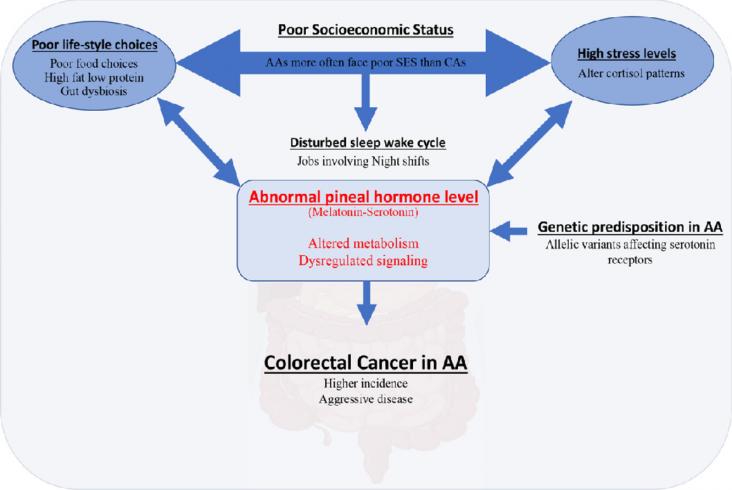Looks at disparities in access to healthcare among Indigenous people.
This paper examines a Native Hawaiian led effort to redress the removal of Indigenous Peoples from ancestral lands. This demonstration provides an important example of how biocultural strategies can achieve landscape restoration in Hawaiʻi. We outline how the Pu‘uwa‘awa‘a Community-Based Subsistence Forest Area is approaching common dryland restoration goals.
Advocacy engagement has been at the forefront of National Cancer Institute (NCI) efforts to advance scientific discoveries and transform medical interventions.
Contested racial identity— self-identified race not matching socially-assigned race—may be an indication of experiences with racism.
Study objective: This scoping review was conducted to collate and summarize the published research literature addressing sexual and gender minority care in the emergency department (ED).
This Article supports SDGs 3 and 10 by assessing SARS-CoV-2 incidence in six ethnic groups in Amsterdam, and showing that incidence was highest in the largest minority ethnic groups. The findings suggest that prevention measures and vaccination should be especially encouraged in these groups.

Colorectal cancer (CRC) is the third leading cause of cancer-related deaths in the United States.
Race and kidney function.
This Review supports SDG 3 and 10 by highlighting how genomics research intersects with existing racial and ethnic inequalities and forms of exclusion; there is no universally accepted, consistently applied method for categorising genomic data, which the authors argue is problematic, both from a clinical and scientific perspective, but more fundamentally in terms of the ability of genomics research to achieve the core ethical values of equity and justice.
HIV-1 viral load assays are essential tools for clinical management of people living with HIV-1. The cobas HIV-1 assay is highly sensitive, accurate and suitable for use in clinical practice.
